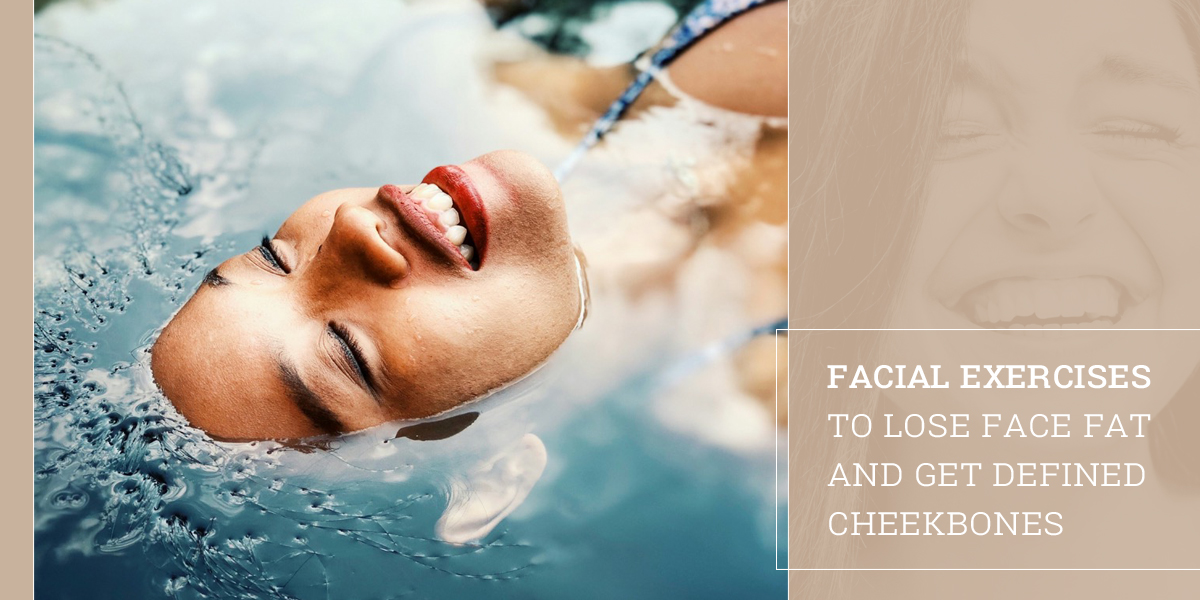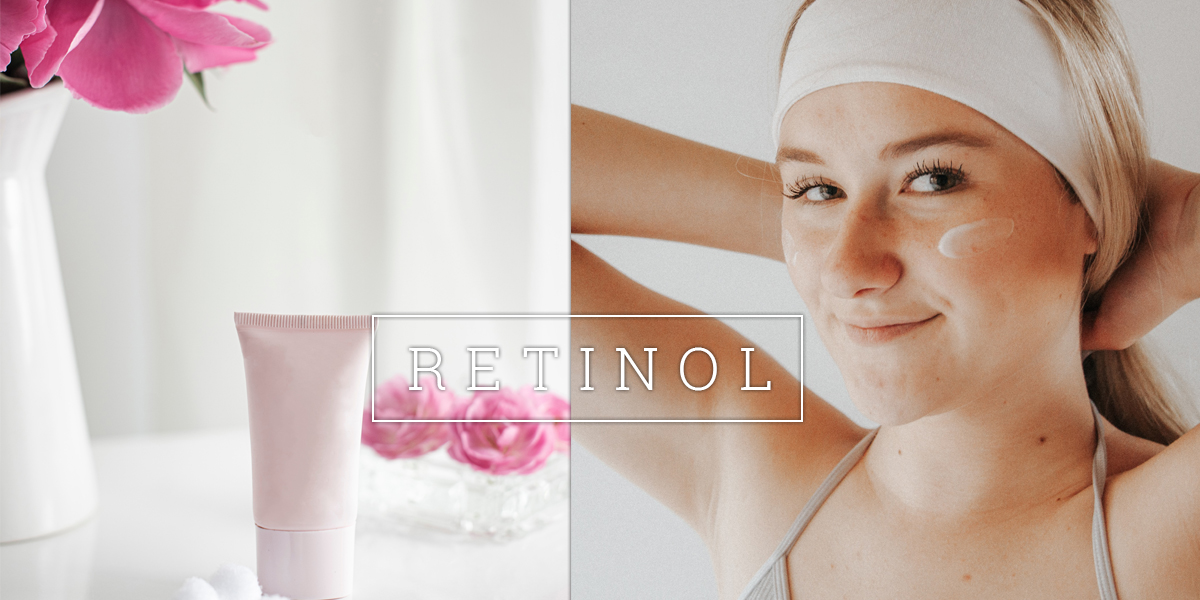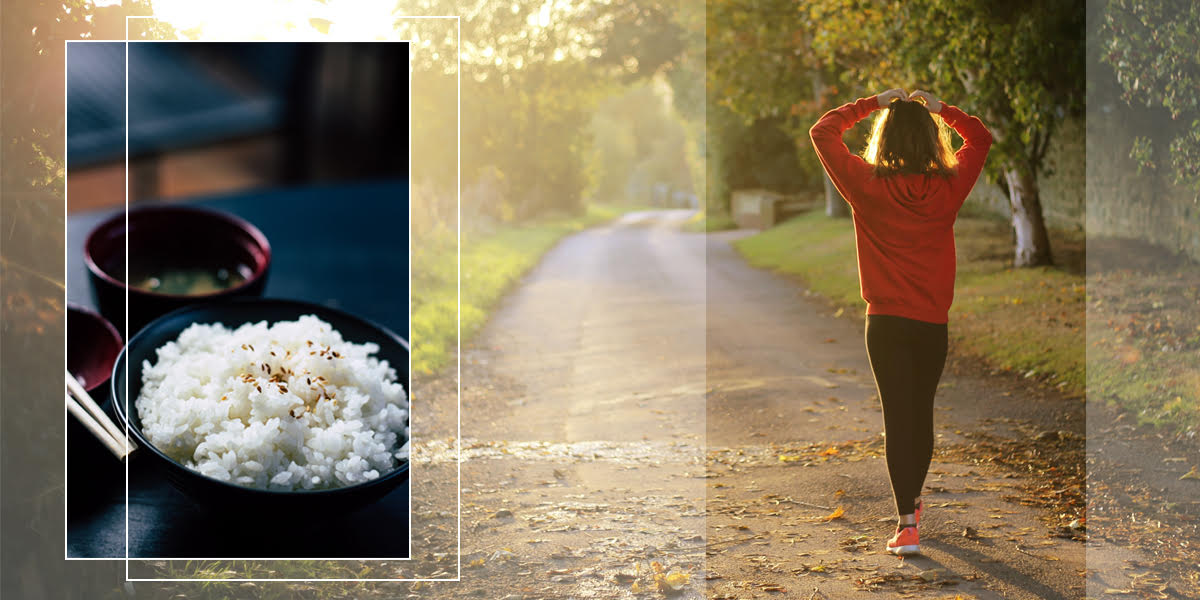Everything You Need to Know About Adding Hydrocolloid Bandages to Your Wellness Arsenal
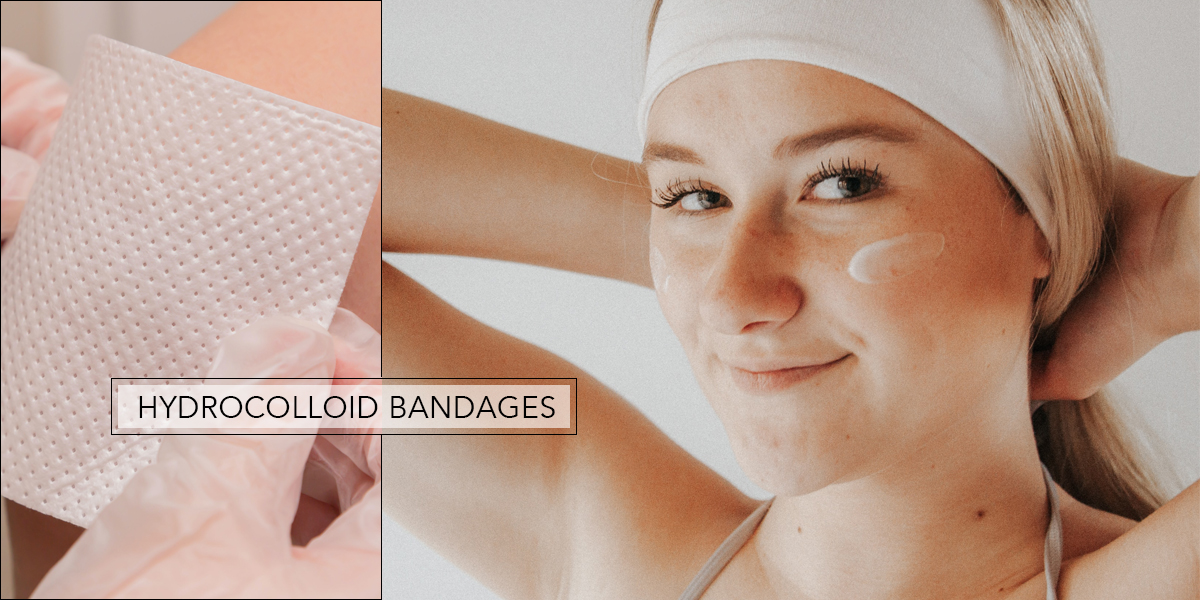
Hydrocolloid bandages are a particular type of dressing used to help with wound healing and are also popular as a beauty treatment.
Hydrocolloid dressings have recently become popular in the beauty sphere, but they’ve been around for a long time. Hydrocolloid wound dressings are a special type of covering that can help shallow, open wounds like scrapes, cold sores or oozing pimples heal faster and better than other treatments.
These bandages have many uses and are an excellent staple for your first aid and beauty kits. Here’s a rundown of all the ways they can help.
Hydrocolloid Bandages 101
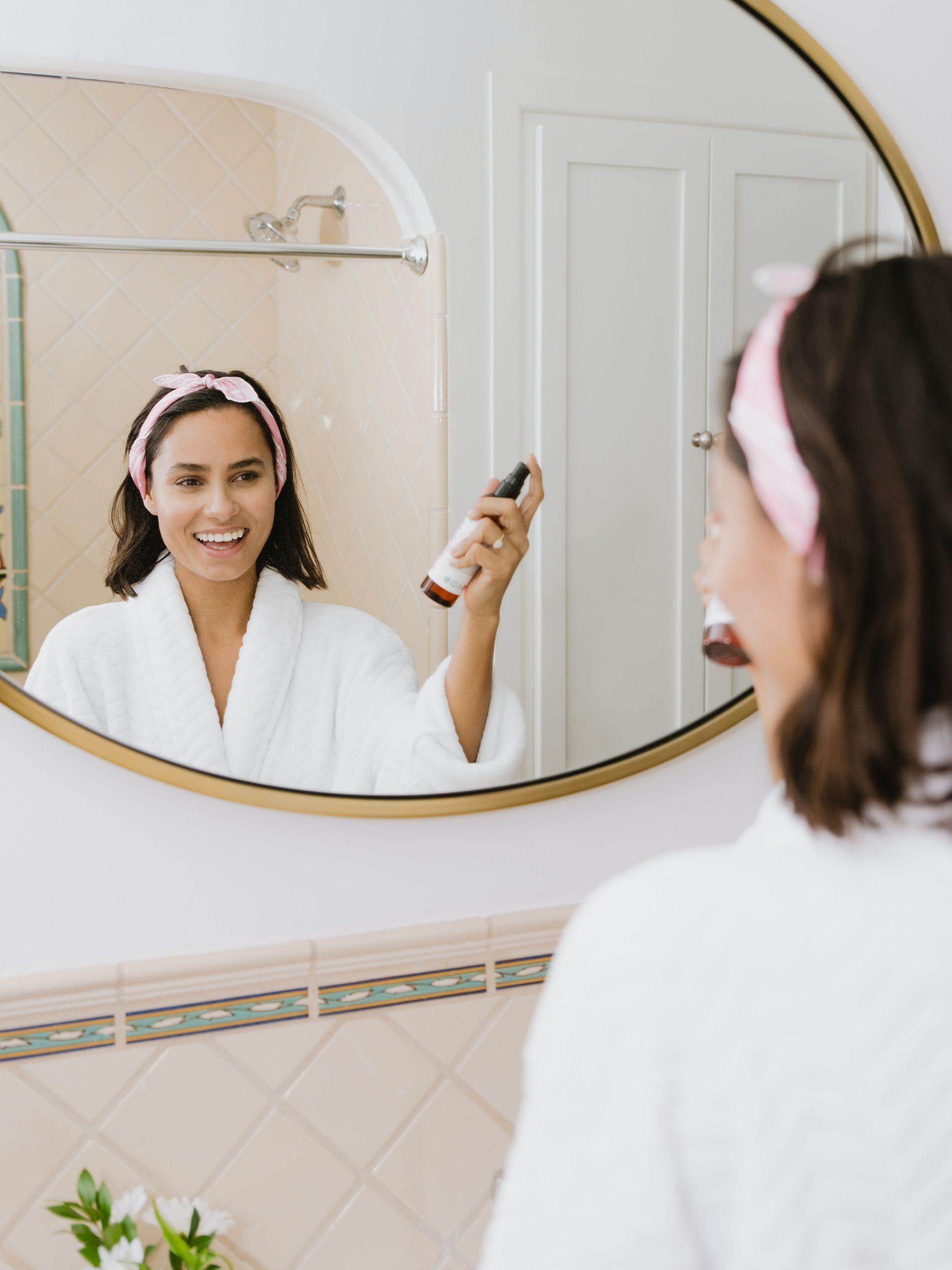
It’s common to wonder if hydrocolloid bandages for acne are similar to hydrocolloid bandages for wounds. The short answer is yes. They’re generally the same.

Usually, the main difference is that the ones marketed specifically as pimple patches are smaller, circular and made to blend in with your skin more easily. Sometimes, pimple patches may also contain acne-fighting ingredients like salicylic acid or glycolic acid, so check the label before using them on anything other than an angry zit.
Unlike regular bandages, a hydrocolloid gel bandage is designed to create a sterile, moist healing environment for wounds, speeding up the process and reducing the possibility and severity of scarring.
These dressings come in various sizes and shapes, and it’s important to pick one sufficiently large enough to cover the wound completely. Choosing one that’s too small will not only hurt when you must peel the adhesive directly off the injury but can also pull on the hurt area, hindering the healing process.
Here’s How Hydrocolloid Patches Can Help You
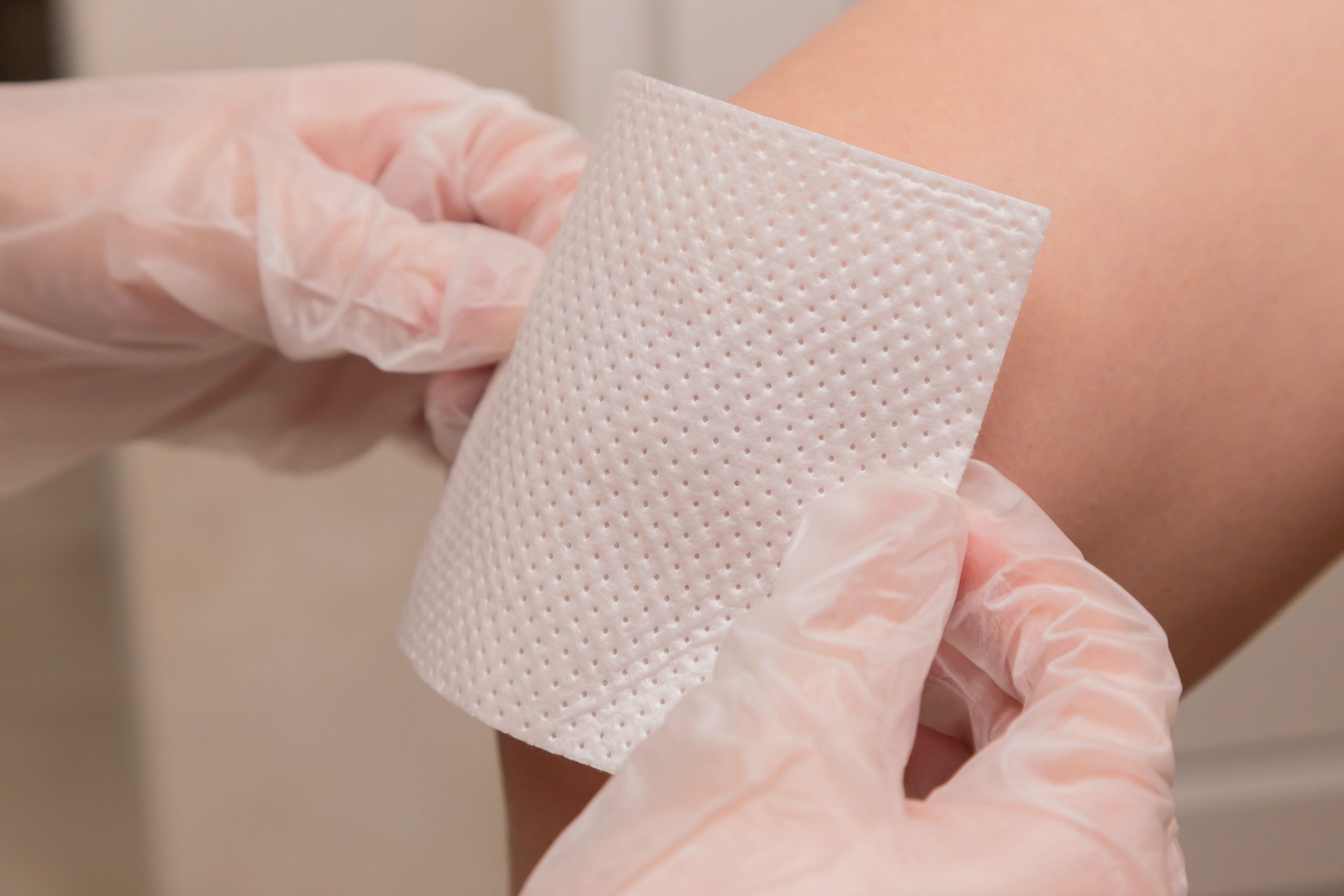
From cold sores and mosquito bites to acne and cracked heels, there are many ways to take advantage of the healing power of hydrocolloids.
For example, hydrocolloid bandages for cold sores can not only cover an uncomfortable spot but can speed up the healing cycle. Some even have additional active ingredients to accelerate the process.
Some people say using hydrocolloid bandages for bed sores is a good idea, but experts have mixed opinions on this. If you’re dealing with bed sores, check with your physician first! Sometimes it’s better to keep them uncovered.
It’s also important to note that you can’t use hydrocolloid bandages for blackheads. These are clogged pores that don’t leak fluid, so this type of treatment won’t help. It’s best to use chemical or physical exfoliants instead.
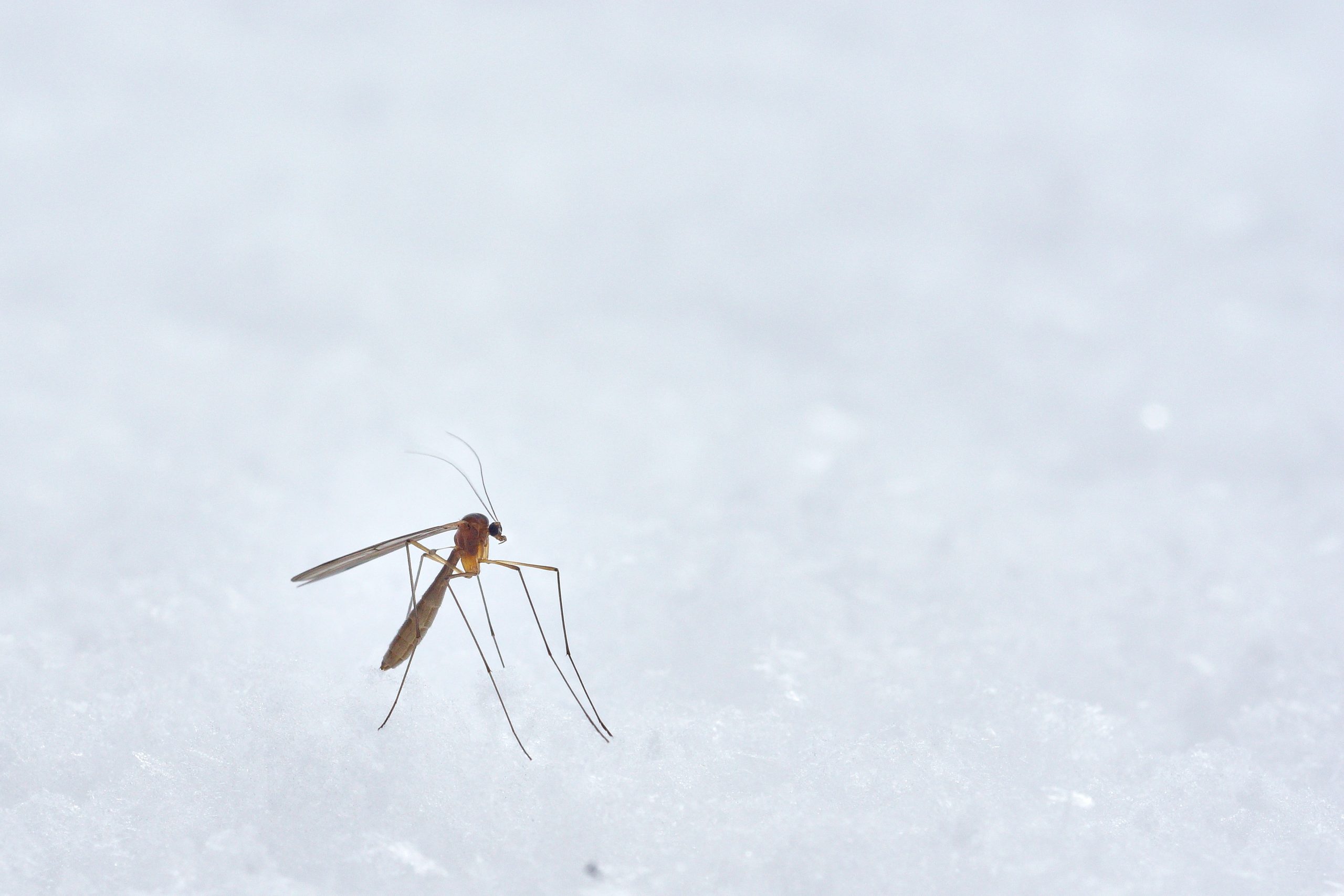
Did you know that you can use hydrocolloid bandages for bug bites too? Both mosquito bites and mild spider bites can benefit from the “seal and heal” power of these dressings. This is an excellent hack for alleviating the itching and redness from bug bites, and it’s even better for keeping little ones from scratching.
Hydrocolloid bandages are an affordable, multipurpose staple for health and beauty, so don’t forget to pick up a box or two during your next shopping trip!
FAQs
1. How do hydrocolloid bandages work?
They contain a special ingredient that transforms into a cushioning gel when in contact with liquid (e.g., pus from a pimple or fluid from a rash).
2. How long should you leave hydrocolloid bandages on?
With traditional bandages, it’s usually recommended to change them frequently. However, hydrocolloid dressings are different and can be worn anywhere from 3-7 days. Check the instructions on your box before application to know for sure!
3. When should you not use a hydrocolloid bandage?
If you’re allergic to any ingredients or the wound is infected, skip the hydrocolloid. Additionally, if you have a weakened immune system or thin, delicate skin around the affected area, a hydrocolloid bandage might tear or irritate that skin when removing the adhesive. Always ask a doctor if you need clarification.
4. Does hydrocolloid speed up wound healing?
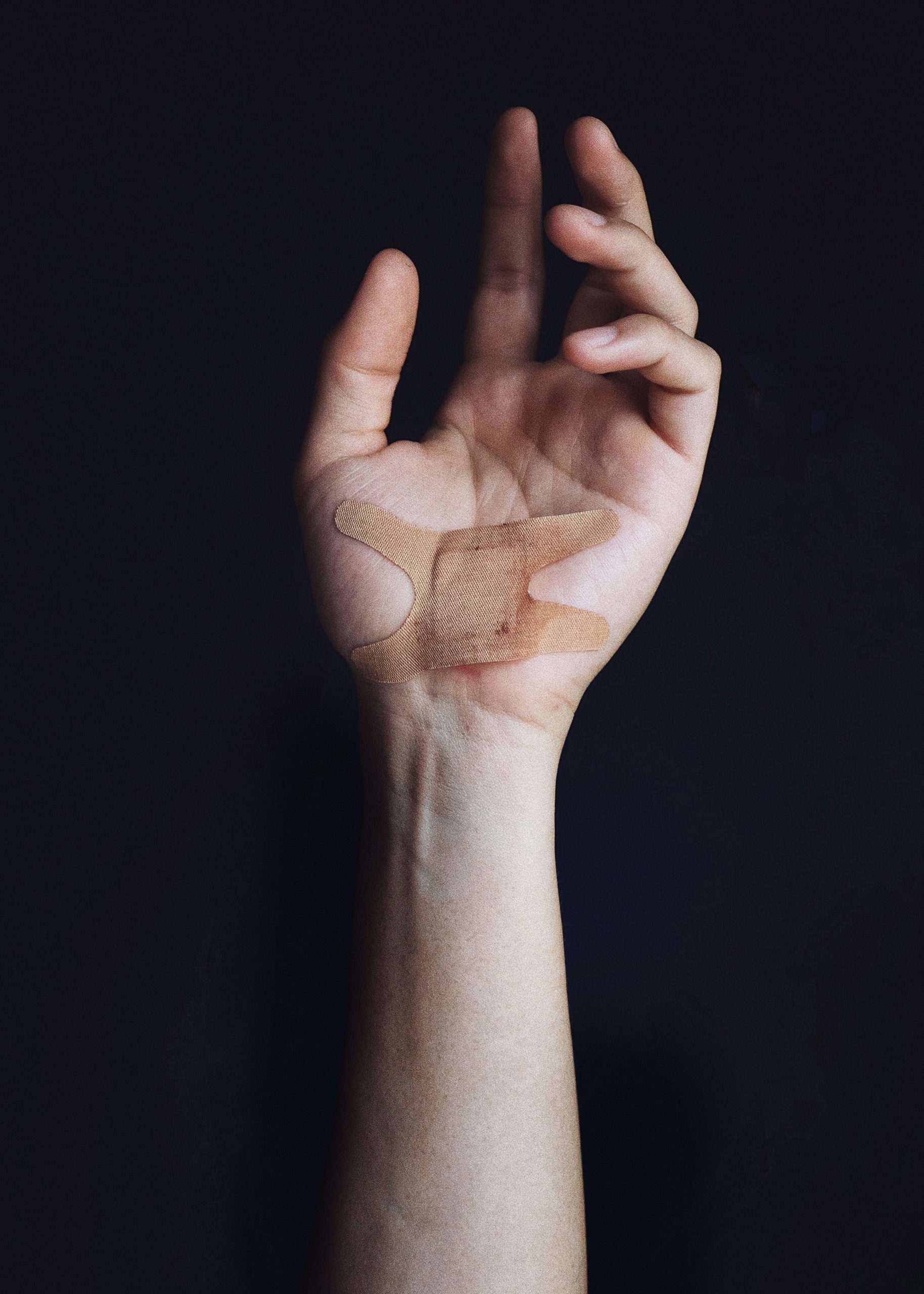
Hydrocolloid bandages for blisters, burns and boils can all help speed healing. The dressing creates a moist, sterile environment at the ideal temperature and pH for your body to heal quickly.




